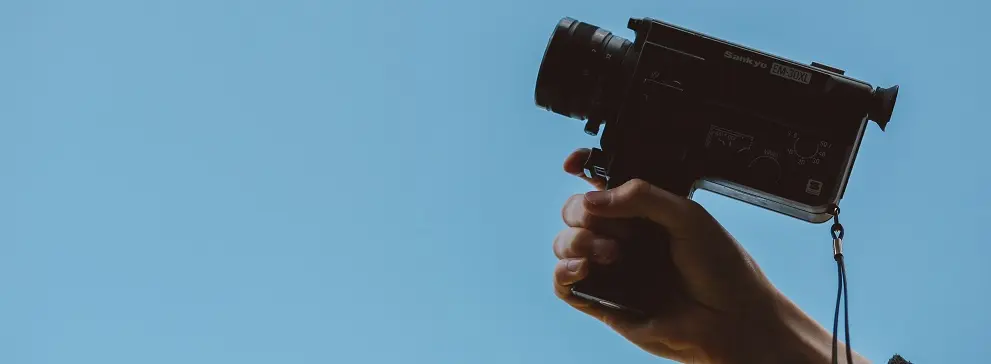Written by Ashley Newton, KHM Travel Group’s Lead Video Content Specialist
The best marketing strategies don’t just sell—they tell a story. They create a connection and make us feel. One of the most effective ways to do this is with video marketing also known as visual storytelling.

Taking on video marketing can seem overwhelming, but long gone are the days of needing a full-blown production studio to create quality content. One of the easiest ways to add video to your travel business is through live video streaming.
Going Live
Many social media platforms offer a live-streaming option at no cost, so it’s ideal for business owners on a budget. Facebook, Instagram, and YouTube, are a few of the popular platforms, but you do not need to be on them all to be successful. We recommend using whichever platform you primarily use to promote your business. Each of them has its own process for going live, and it is best to go directly to the official site for instructions.
Going Live Best Practices

No matter the platform you choose, there are universal best practices for doing a live video.
- Practice! Go through the process a few times before you actually “go live.” For example, if you’re using Facebook, you can create a private group to practice going live in.
- Know what you’re going to say. You don’t need a full script, but having a few main points will help keep your thoughts focused.
- Find a quiet and well-lit place to record.
- Be consistent. If you come up with a regular schedule for when you are going to go live and what you will be talking about, your audience will have a better idea of when to lookout for your videos.
- Engage with your viewers. One of the biggest benefits of live video is real-time interaction. Encourage your viewers to comment, ask them questions, and give a shout-out when you see someone is watching.
Live video is great for checking in with your clients, providing general tips and information, and showing your own travel experiences. But sometimes, your message is better suited for a produced video.
Produced Videos

A produced video means that it goes through the standard phases of video production: pre-production, production, and post-production. Pre-production is when you create and refine the concept for your video. You write the script, determine what the video will look like, and figure out how you will make it happen. Production is when you would record or gather the footage you need. Then, in post-production you edit your footage together to create your final video.
Produced Video Best-Practices
Creating your own produced videos allows you to control the messaging, branding, and delivery. To get the most of your time, money, and content, follow these guidelines.
- Equipment essentials include a camera, light source, microphone, and editing software.
- Use what you have. Most smartphones and computers have quality cameras that you can use to record with built-in microphones. A properly placed desk lamp can be a good light source.
- Use free editing software. If you have a Mac computer, you have access to iMovie, which provides the tools you need for basic editing. Microsoft offers Movie Creator, a free video editor.
- Practice! The more you record and edit video, the more comfortable you will be.
Next Step: Promotion

Once you’ve created your produced video content, it’s time to promote and share it. You can upload directly to most social media platforms or use a hosting site like YouTube or Vimeo. Link it on your website, your social media accounts, your emails, and any other ways you can think to share it.
No matter how you add video to your travel business, it is important to be patient and keep trying. You won’t be an expert right away, and that’s okay. Experiment and figure out what works for your business. Once you do, it will take your marketing to new level.
Want to add video content to your marketing, but right now? Learn how you can use videos that are already created in your marketing.


